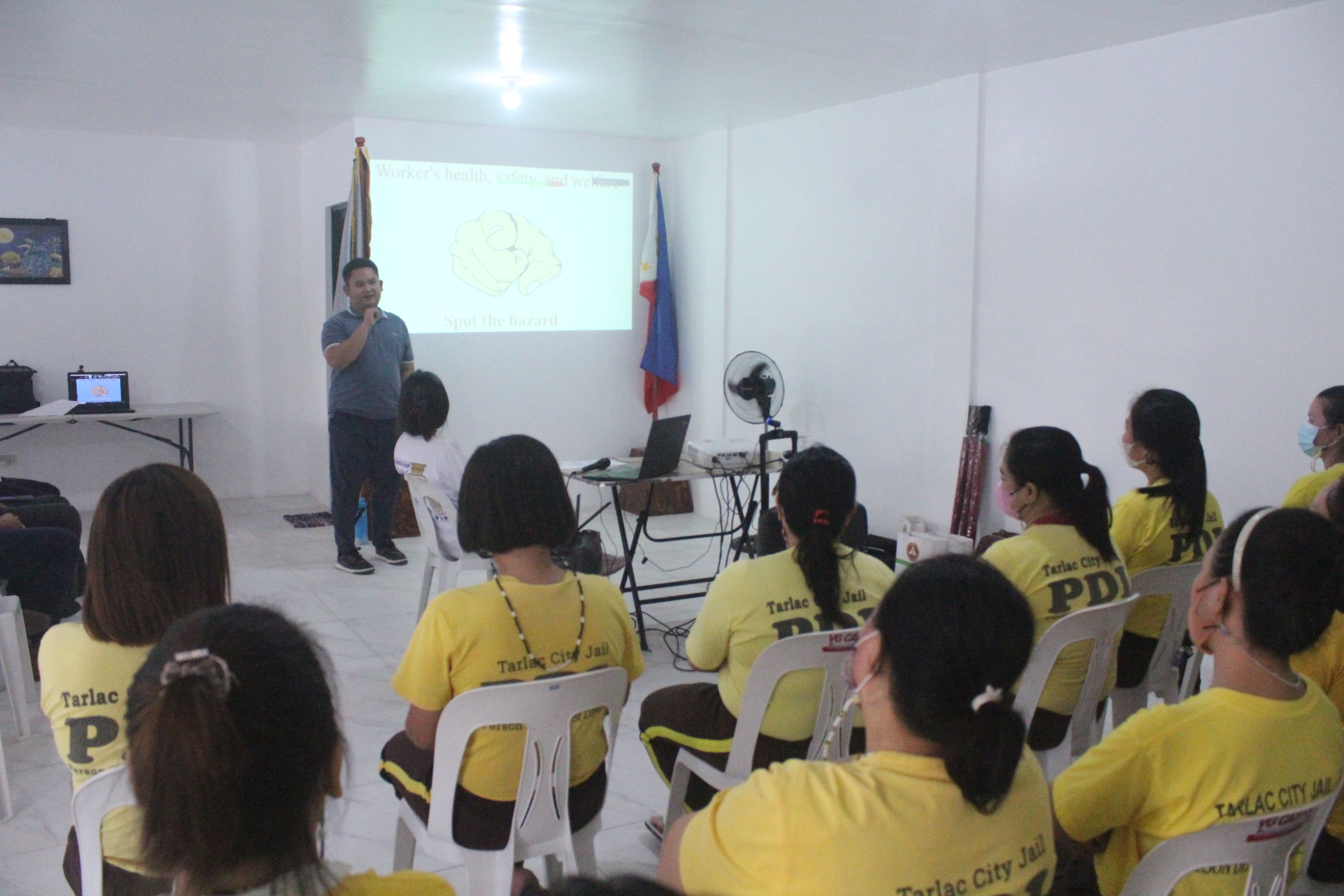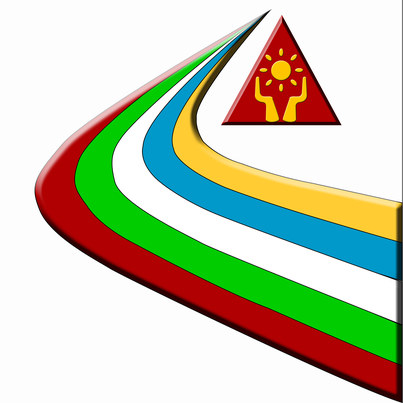The College of Public Administration and Governance (CPAG) conducted training and seminars under the project Hiraya focusing on Welfare and Development programs for BJMP personnels and PDLs specifically on values restoration and skills training and livelihood. CPAG successfully conducted seminars on developing family relationships, good agricultural practices, and strategies for sustainable livelihood program last June 10, 2023, at BJMP Tarlac City Female dormitory and live via Zoom meeting.
Behind bars is where someone who committed a crime is imprisoned while they await trial or are held responsible for engaging in deviant or forbidden behaviors in society. However, this doesn’t hinder the services that can be provided for the PDLs even behind bars, as they are still part of society. Thus, Project Hiraya: A Path Forward is the long-term extension project of the College of Public Administration and Governance that adopted the BJMP community to help in their rehabilitation and development program. In line with this, another seminar was conducted by the college for the welfare and development of Region III. The seminar regarding developing family relations was discussed by Dr. Oliver G. Cura; the seminar on good agricultural practices was discussed by Mr. Ariel A. Paguinto; and Mr. Franklin M. Macasaquit talked about strategies for sustainable livelihood.
Dr. Oliver G. Cura, a section head of the Guidance Counseling Unit at Tarlac State University, talks about family relationships and how PDLs can cope with their longing for their family and loved ones. He had mentioned that missing someone is a common emotion that an individual can feel regardless of the place and time. He suggested practicing "G.A.P.” whenever an individual missed someone. G stands for “gauge your feelings." If a person finds themselves missing someone, gauging their feelings through writing will help them cope with it. It is simply answering introspective questions like why they are missing them and what they can learn from missing them. Writing is a great way of expressing one's thoughts and feelings. A is for “activities can help." By finding some recreational or productive activities, a person can distract themselves from constantly thinking of missing their loved ones. Keep one’s mind busy and shift one’s focus to something else. And P is for “practice inner peace." In the current situation of the PDLs, finding their inner peace will help them deal with stress and longing in a far more constructive way, even behind bars. They were given different workshop activities that they could do, individually or in a group, when the feeling of longing knocked on them again.
For good agricultural practices, the college tapped an external expert who specializes in agriculture. Mr. Ariel A. Paguinto, a licensed agriculturist and a TESDA trainer and assessor, expounded good agricultural practices as agricultural practices that provide safe and high-quality food and non-food items while addressing environmental, economic, and social sustainability (RA 10611). In his topic, he discussed environmental management, in which proper disposal of waste or waste management was given importance in addition to choosing organic farming and practicing composting. The participants were also given workshop activities to familiarize themselves with how to create compost. Workers' health, safety, and welfare were also discussed. The responsibilities involved in farming are numerous, frequently necessitating the use of machinery, and there are numerous risks for individuals who live and work there. Ergo, Mr. Paguinto shares three steps for safety tips. First, spot the hazards; next, assess the risk; and finally, make changes. The speaker also shares tips and trivia regarding harvesting produce and making sure of its quality. as well as for food safety.
Mr. Franklin M. Macasaquit, a doctorate student at the CPAG Graduate School and a TESDA Trainer and Assessor, shed light on sustainable livelihood programs. According to Mr. Macasaquit, sustainable livelihood is a way to address poverty by organizing the complex issues surrounding it, such as the capabilities and resiliency of individuals, assets, and available resources, as well as support services. He had also discussed the vulnerability context of the livelihood programs, in which shocks (force majeure), seasonality, trends and changes in the population, the environment, technology, markets and trade, and globalization were mentioned. Moreover, policies, institutions, and processes have an impact or influence on whether livelihood programs will be implemented successfully and sustainably. To sum up, the resource speaker advised that livelihood programs needed assets and resources, taking account of the vulnerability context, and they should be supported by policies, different and appropriate institutions, and processes to attain a sustainable outcome.
The completed extension activity generally supports the Sustainable Development Goals, particularly SDG 3: Good Health and Well-Being and SDG 4: Quality Education, especially in light of promoting good mental health and well-being and acquiring the necessary skills and knowledge needed to support sustainable development through education in order to live healthy and sustainable lifestyles.









